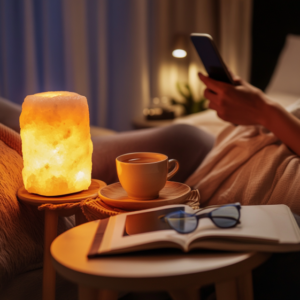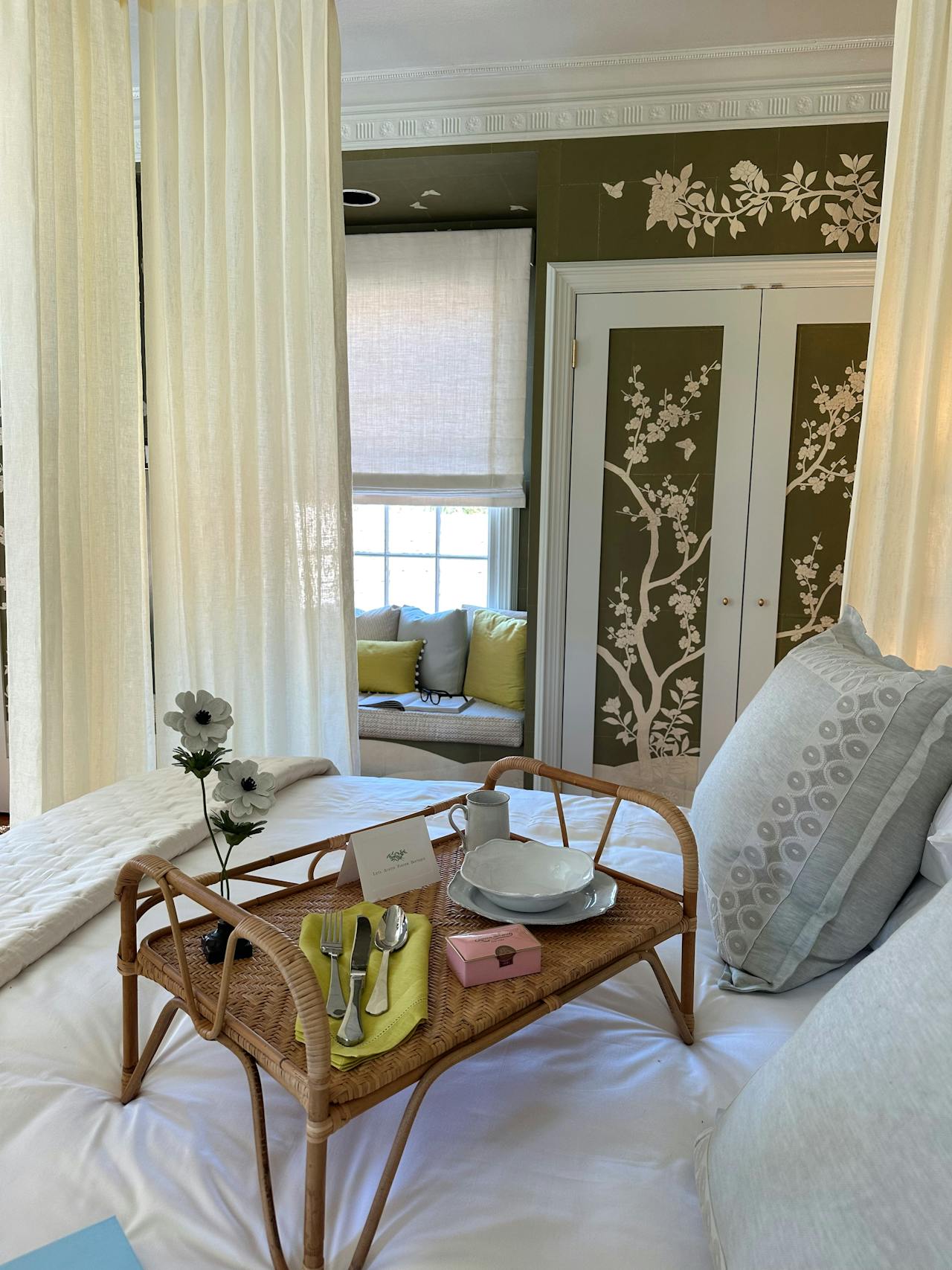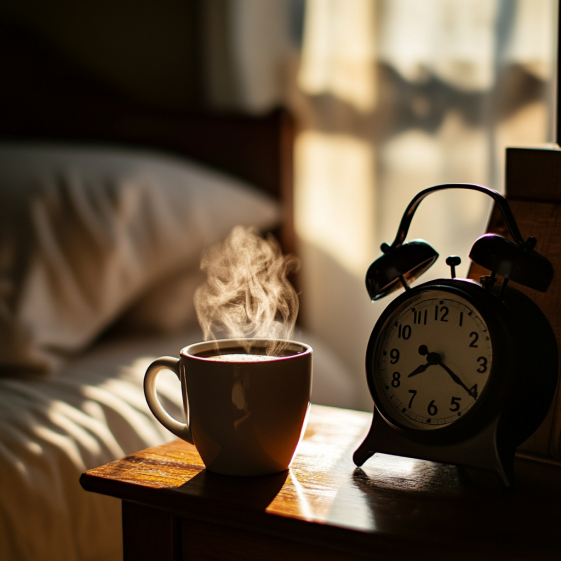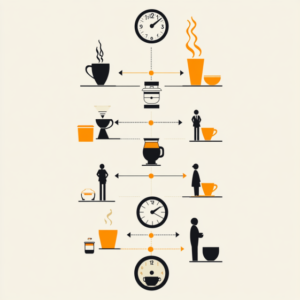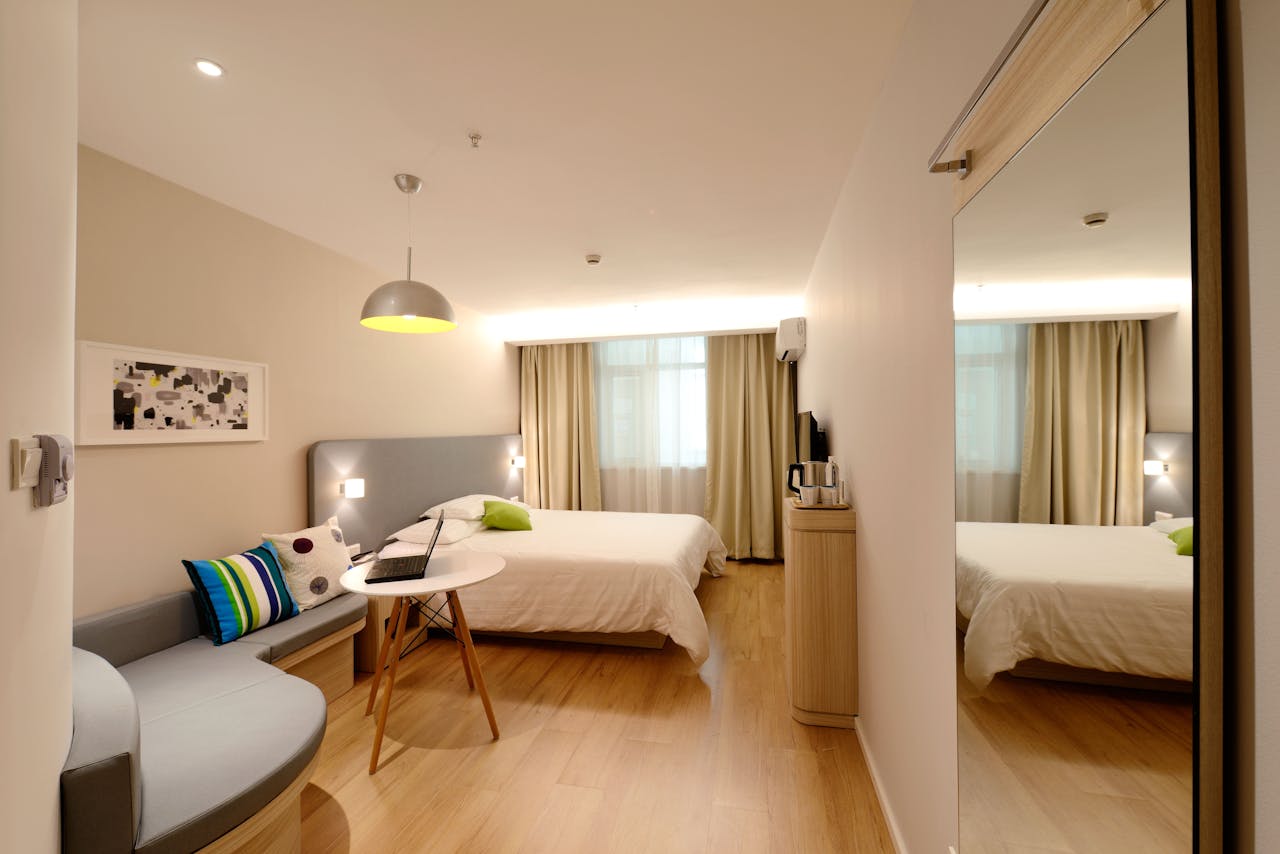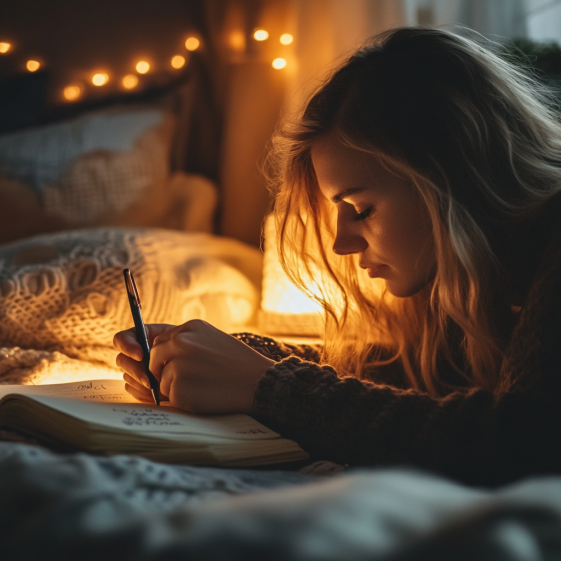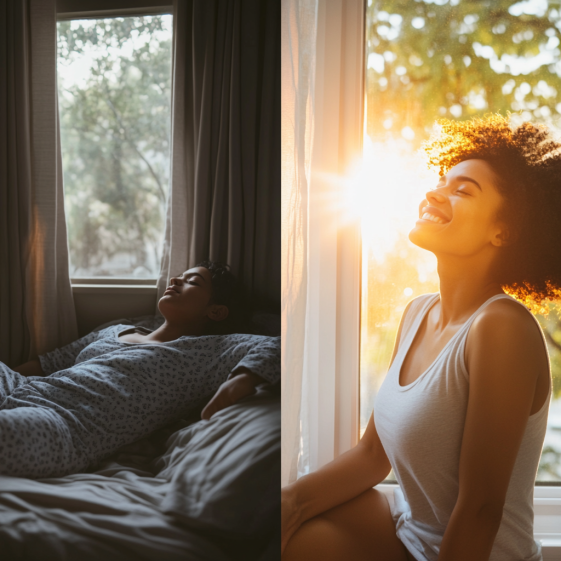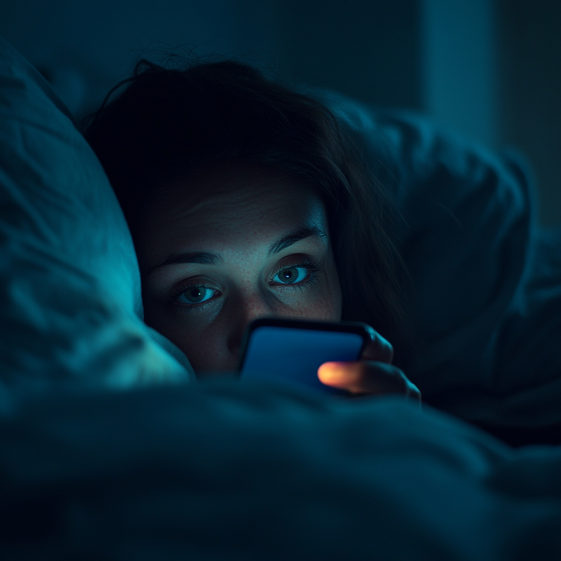Ever wonder why those stubborn pounds won’t budge, even though you’re eating right and getting your steps in? It might be your sleep schedule that’s sabotaging your progress.
Sleep and weight loss are more deeply intertwined than most of us realize. A consistent lack of rest can mess with your hormones, slow your metabolism, and make high-fat, high-sugar snacks way more tempting. Sound familiar?
Let’s cozy up and explore how getting quality shut-eye can actually be your secret weapon for slimming down and improving your overall sleep and weight loss goals.
Why Sleep Matters for Your Waistline
Sleep isn’t just a time to power down—it’s when your body resets and recharges. And when you’re well-rested, you’re way more likely to make healthy food choices, stay energized during workouts, and keep those sneaky cravings in check.
According to Harvard researchers, sleep deprivation disrupts the hormones ghrelin (the one that makes you hungry) and leptin (the one that makes you feel full). It also increases cortisol, the stress hormone known for packing on belly fat.
In other words? Poor sleep can actually tell your body to store fat instead of burn it—and that’s why sleep and weight loss go hand in hand.
The Science Behind Sleep and Hormones
Hunger Hormones Get Out of Whack
When you skimp on sleep:
- Ghrelin spikes, making your tummy grumble more often.
- Leptin drops, so you don’t feel full even after a big meal.
It’s a double whammy that can lead to overeating and weight gain—especially late-night snacking that interferes with your sleep and weight loss efforts.
Cortisol Creeps In
Sleep loss also boosts cortisol levels, which not only ups your appetite but encourages fat storage around the belly. So, if stress eating is already a thing, lack of sleep might be making it even harder to resist that midnight cookie run.
For more insight, check out our post on The Effects of Stress and Anxiety on Sleep Quality and Solutions to Improve Rest.
How Sleep Impacts Metabolism
When you’re well-rested, your resting metabolic rate (RMR) stays higher—meaning you burn more calories even while just binge-watching your favorite show. But a tired body slows everything down.
Here’s what happens when sleep takes a hit:
- Your RMR dips.
- Insulin resistance increases, making it harder to process sugar.
- Your body is more likely to store fat instead of burning it.
Even just one rough night can throw things off balance. But the good news? A consistent sleep routine can help your body get back on track and support your sleep and weight loss journey.
Want to know how food fits into this picture? Don’t miss our post on Top Food Choices to Enhance Your Sleep Quality Before Bed.
Poor Sleep = More Cravings
You know that feeling when you’re running on fumes and just need a donut? That’s no accident. When you’re tired, your brain craves quick energy—which often means carbs and sugar.
Why It Happens
- Tired brains are less able to resist temptation.
- The brain’s reward centers light up more when we see indulgent foods.
- Lack of sleep intensifies cravings for salty, fatty, and sugary snacks.
Getting consistent, deep sleep makes it so much easier to skip the snacks and fuel your body the way it deserves. Focusing on your sleep and weight loss connection can bring surprising results.
Check out our post on How to Put an End to 3 AM Wake-Up Calls Every Night for help smoothing out your sleep cycles.
Sleep Tips to Support Weight Loss
Ready to align your rest with your wellness goals? Here are a few cozy strategies to help you sleep better and support healthy weight loss:
1. Stick to a Consistent Schedule
Aim for 7–9 hours of sleep and keep your sleep-wake times the same—even on weekends. It’s a simple step that supports both sleep and weight loss success.
2. Create a Sleep-Friendly Bedroom
Keep it cool (60–67°F), dark, and quiet. Use blackout curtains, white noise machines, or even a weighted blanket for extra comfort that supports restful sleep and weight loss.
3. Unplug an Hour Before Bed
Blue light from screens can delay melatonin production. Try reading, journaling, or light stretching instead to help reset your rhythm and support sleep and weight loss naturally.
4. Have a Light, Protein-Rich Snack
A little Greek yogurt or a handful of almonds can help stabilize blood sugar and curb late-night hunger—a small but mighty boost to your sleep and weight loss goals.
5. Try Stress-Relief Techniques
Breathing exercises like the 4-1-2 method (inhale for 4, hold for 1, exhale for 2) or a warm bath can ease you into dreamland and strengthen your sleep and weight loss routine.
We dive deeper into screen habits in our guide on The Impact of Light on Sleep and Natural Ways to Block It.
Final Thoughts: Sleep Smarter, Lose Easier
It turns out the missing link in your wellness journey might just be what happens between the sheets. Prioritizing sleep isn’t lazy—it’s smart self-care that can boost your metabolism, calm your cravings, and make weight loss feel less like a battle.
So tonight, fluff those pillows, power down the screens, and let your body do the work while you dream. By focusing on sleep and weight loss as a united goal, you’re setting yourself up for success.
Want more cozy wellness tips? Browse our latest blog posts and start building your restful routine today.


